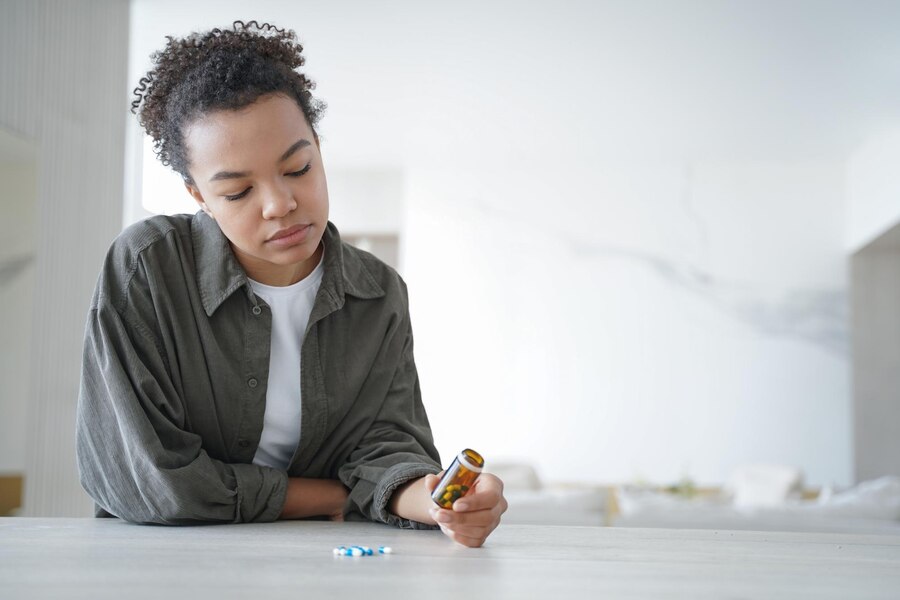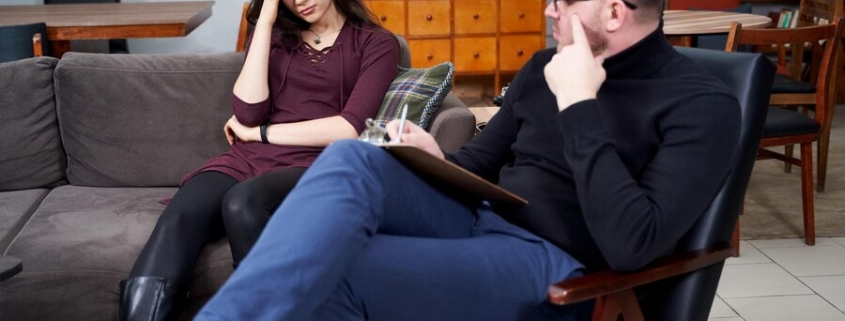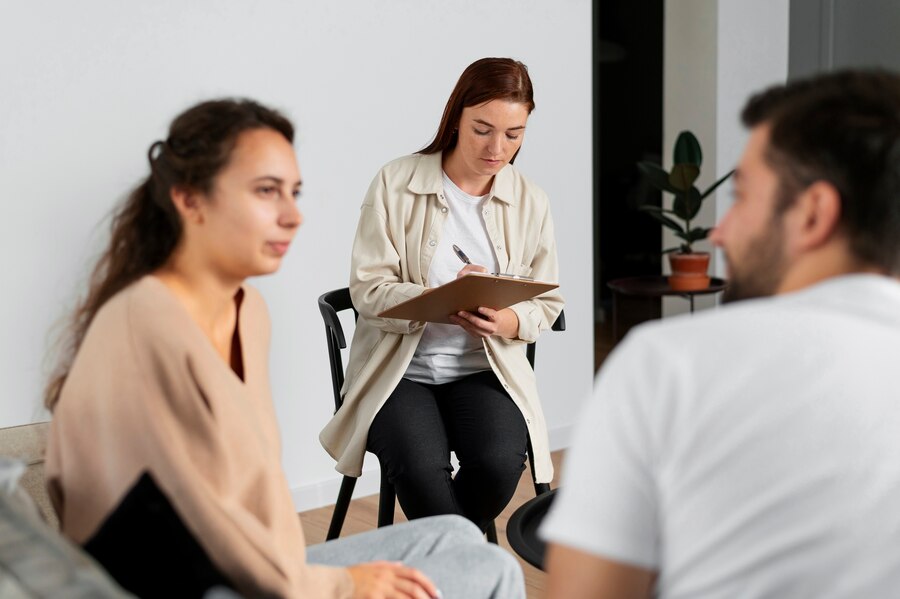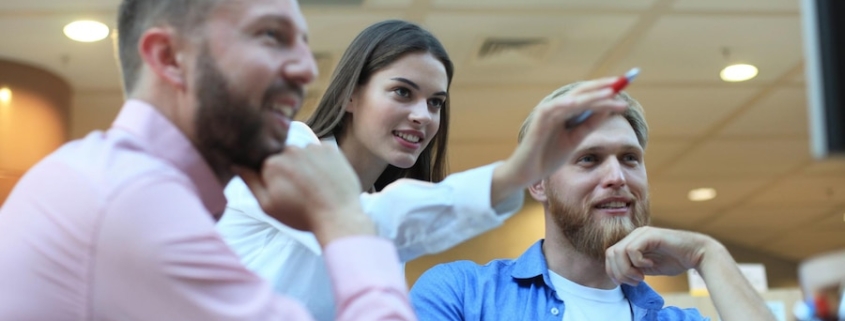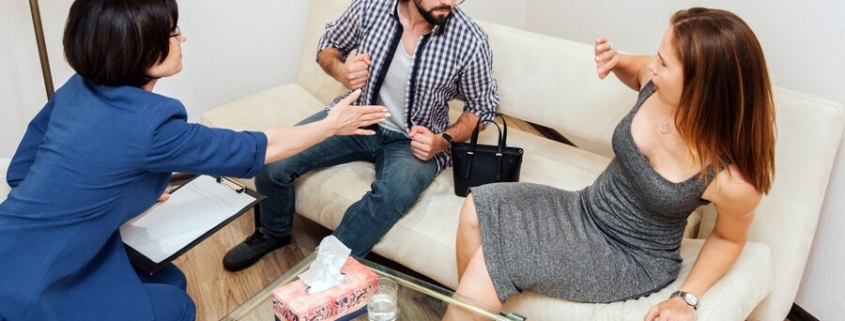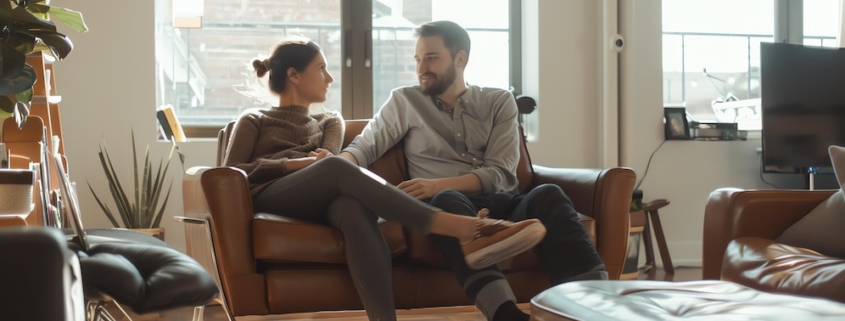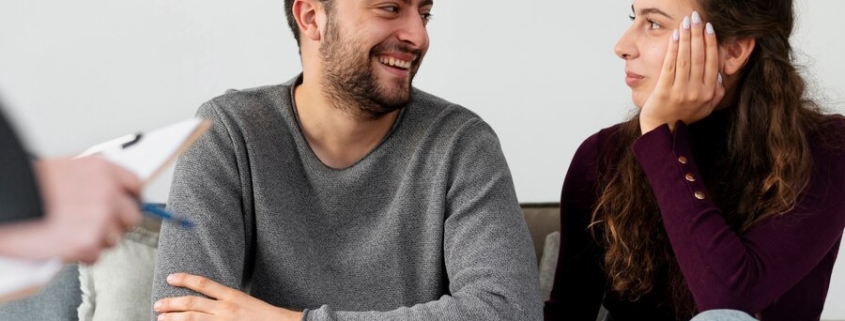Couples counseling offers numerous advantages for partners seeking to improve their relationship. One key benefit is enhancing communication skills. Effective communication is crucial for understanding each other’s needs and perspectives. Through counseling, couples learn techniques to express themselves more clearly and listen actively, which can significantly reduce misunderstandings and conflicts.
Another benefit is resolving conflicts and addressing relationship challenges. Counseling provides a structured environment where couples can explore the root causes of their issues and develop strategies to address them. This process helps in strengthening emotional bonds and intimacy, fostering a deeper connection between partners.
Couples Rehab Services
Common Relationship Issues Addressed
Couples counseling addresses various common relationship issues. Managing conflicts and disagreements effectively is a primary focus. Counselors work with couples to develop skills for navigating disagreements in a constructive manner, helping partners find common ground and reach resolutions.
Issues such as trust, infidelity, and addiction are also explored in counseling. These sensitive topics are approached with care, allowing couples to address underlying problems and work towards rebuilding trust and stability. Additionally, navigating major life changes or transitions together, such as moving, career changes, or family planning, is another area where counseling provides support, helping couples adapt and grow together.
Role of Individual Growth in Couples Therapy
Individual growth is a cornerstone of effective couples therapy, significantly impacting the dynamics and health of a relationship. Fostering personal development and self-awareness allows each partner to address their own issues and contribute positively to the relationship. By focusing on individual growth, partners can enhance their ability to communicate, resolve conflicts, and support one another, leading to a more harmonious and fulfilling partnership.
Importance of Personal Development
Personal development is essential in couples therapy as it equips individuals with the tools to better understand and manage their own emotions, behaviors, and challenges. When each partner engages in self-reflection and growth, they gain insights into their personal needs and triggers, which can profoundly affect their interactions within the relationship. For instance, overcoming personal insecurities, improving emotional regulation, or developing healthier coping mechanisms can directly improve how partners relate to one another and address issues within the relationship.
Integrating Individual Therapy
In many cases, individual therapy complements couples counseling by addressing personal issues that impact the relationship. Individual therapy provides a space for partners to explore and resolve their own challenges, such as past traumas, mental health concerns, or personal habits that affect the relationship. This approach ensures that both partners are working on their own growth and development, which can reduce the strain on the relationship and foster a more supportive and empathetic environment.
By integrating individual therapy, partners can make meaningful progress on their personal issues, which, in turn, enhances their contributions to couples therapy. This dual approach helps partners build stronger self-awareness, emotional resilience, and effective communication skills, all of which are vital for a healthy and thriving relationship.
Enhancing Relationship Dynamics
When partners focus on individual growth, they bring more to the table in couples therapy. Personal development fosters healthier interactions and reduces the likelihood of projecting personal issues onto the relationship. As individuals work through their own challenges and improve their self-awareness, they become more capable of engaging constructively in the therapeutic process. This leads to improved communication, a deeper understanding of each other’s perspectives, and more effective problem-solving.
Additionally, individual growth promotes a greater sense of personal fulfillment and well-being, which can enhance relationship satisfaction. Partners who are engaged in their own personal development are better equipped to contribute positively to the relationship, leading to a more balanced and rewarding partnership.
Communication Skills Training
Effective communication is essential for a successful relationship, and counseling provides techniques to improve these skills. Active listening and empathy are key components, allowing partners to better understand each other’s viewpoints and feelings. Expressing needs and emotions clearly and constructively helps in preventing miscommunications and fostering mutual respect.
Employing conflict resolution strategies is another critical aspect of communication skills training. These strategies help couples handle disagreements in a productive manner, promoting a healthier dialogue and resolving issues without escalating conflicts.

Setting Goals and Expectations
Setting clear and achievable goals for counseling is important for progress. Couples work collaboratively to establish relationship goals, creating a shared vision for their future. This collaborative approach ensures that both partners are aligned in their efforts and committed to achieving their goals.
Counselors assist couples in developing realistic expectations for their relationship and the counseling process. This helps in maintaining focus and motivation, ensuring that both partners are engaged and working towards common objectives.
Aftercare and Ongoing Support
Aftercare and ongoing support play a pivotal role in maintaining the progress achieved through couples counseling. These elements ensure that couples continue to benefit from the therapeutic work they have done and effectively navigate any new challenges that arise. By engaging in regular follow-up sessions and participating in additional support resources, couples can reinforce their progress and sustain a healthy, fulfilling relationship.
Regular Follow-Up Sessions
Regular follow-up sessions are integral to the aftercare process. They offer couples the opportunity to review and assess their progress since the conclusion of intensive counseling. These sessions provide a structured environment where couples can revisit their goals, address any emerging issues, and make necessary adjustments to their strategies. By maintaining a connection with their therapist, couples receive ongoing guidance and support, which helps them stay on track and continue their personal and relational growth.
Workshops and Support Groups
Participation in workshops and support groups is another valuable aspect of aftercare. These resources provide couples with additional tools and strategies to enhance their relationship and address specific concerns. Workshops often focus on skill-building, communication techniques, or dealing with particular relationship challenges, while support groups offer a sense of community and shared experience. Engaging in these activities helps couples reinforce the skills learned during counseling and stay motivated in their commitment to maintaining a healthy relationship.
Access to Resources
Access to ongoing resources, such as educational materials, online forums, or counseling services, supports continued growth and improvement. These resources can help couples stay informed about relationship dynamics, discover new strategies for handling conflicts, and find inspiration for nurturing their partnership. By leveraging these tools, couples can continue to develop their relationship skills and adapt to changing circumstances, ensuring long-term success and satisfaction.
Find Counseling and Support for Couples at Couples Rehab
Couples Rehab provides comprehensive counseling and support designed to address the diverse needs of couples. By focusing on benefits such as improved communication and conflict resolution, addressing common issues, promoting individual growth, and offering ongoing support, Couples Rehab ensures that couples have the tools and resources needed for a successful and fulfilling relationship. Through structured therapy and continued aftercare, couples can build stronger connections and navigate challenges together, leading to a healthier and more resilient partnership. Contact us today to discover how our tailored counseling services can help strengthen and enrich your relationship.
FAQ’s
Our relationship is falling apart. Does Couples Rehab offer counseling and support to get back on track?
Answer: Absolutely! Couples Rehab specializes in helping couples overcome challenges and rediscover the love they once shared. We offer confidential counseling and support programs to strengthen your bond and rebuild a happy partnership.
What are some signs that might indicate our relationship could benefit from counseling and support at Couples Rehab?
Answer: Consider seeking help if your relationship experiences:
- Frequent arguments and conflict
- Lack of communication or emotional connection
- Infidelity or trust issues
- Difficulty resolving problems constructively
- Feeling constantly frustrated or unhappy with your partner
- Considering separation or divorce
What happens during counseling and support sessions at Couples Rehab?
Answer: Our trained therapists create a safe space for open communication. Through guided discussions, you’ll explore your challenges, learn healthy coping mechanisms, and develop tools to navigate conflict more effectively.
Is couples counseling and support at Couples Rehab confidential?
Answer: Absolutely! Confidentiality is a cornerstone of our practice. Everything discussed during sessions remains private, fostering a trusting environment for open and honest communication.
What are some of the benefits of couples counseling and support at Couples Rehab?
Answer: The benefits are numerous! Counseling can help you:
- Improve communication skills and active listening
- Resolve conflicts constructively and respectfully
- Rebuild trust and strengthen intimacy
- Develop healthier relationship patterns
- Increase emotional connection and support
- Strengthen your commitment as a couple
I’m worried couples counseling and support at Couples Rehab will force us to stay together. Is this true?
Answer: Absolutely not! Our goal is to empower you to make the best decisions for yourselves and your relationship. Counseling can help you explore all options, including a healthy separation if necessary.
Does Couples Rehab offer counseling and support for specific situations like blended families?
Answer: Yes! Our therapists are experienced in helping couples navigate various challenges, including those unique to blended families. We provide tools and strategies to foster communication, respect boundaries, and build a healthy family dynamic.
What if one partner is hesitant about seeking counseling and support at Couples Rehab?
Answer: Our intake process is designed to answer questions and address concerns. We can provide information on the benefits of therapy and how it can strengthen the relationship, potentially motivating hesitant partners.
What are some of the qualifications of the therapists offering counseling and support at Couples Rehab?
Answer: Our therapists are licensed professionals with extensive experience in couples therapy. They are trained in a variety of approaches and dedicated to providing compassionate and effective counseling.
Is couples counseling and support at Couples Rehab only for married couples?
Answer: Absolutely not! We offer counseling and support to couples in all stages of their relationship, regardless of marital status. Whether you’re dating, living together, or engaged, therapy can help build a strong foundation for a lasting bond.
How often should we attend counseling and support sessions at Couples Rehab?
Answer: The frequency depends on your needs and goals. We offer weekly or bi-weekly sessions, with adjustments possible as you progress in therapy. Your therapist will guide you on the optimal schedule for your situation.
What to expect during the first counseling and support session at Couples Rehab?
Answer: The initial session involves getting acquainted with your therapist and outlining your specific concerns and goals. Your therapist will establish a safe space, gather information about your relationship, and begin formulating a personalized plan for your sessions.




